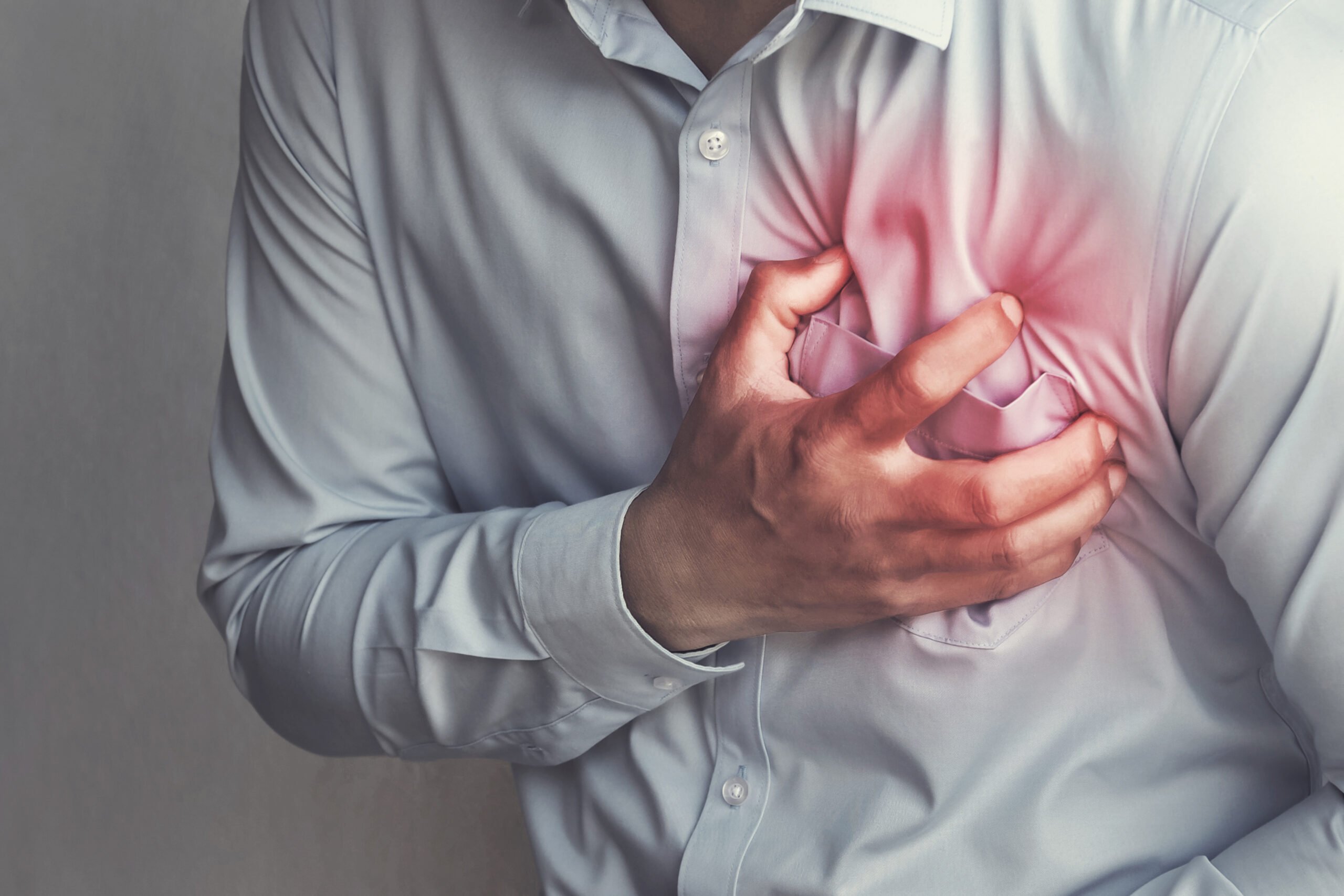
Suffering from a Chest Contusion After a Car Accident
Suffering a chest contusion after a car accident can cause excruciating pain. What’s more, they’re not always immediately apparent. For instance, the adrenaline of the car accident could prevent you from feeling the full extent of your injuries. You could go to sleep peacefully, then wake up the next morning with inflammation, pain, and tenderness in the affected area.
Here, you can learn about chest contusions from car accidents and how suffering one could entitle you to compensation. If you ever have questions about pursuing an injury claim or lawsuit, consider consulting our personal injury team.
What Is a Chest Contusion?
Chest contusions occur when a blow damages the blood vessels in the chest. In a car accident, they can happen when:
- A rear-end collision throws a vehicle occupant against their seat belt.
- A driver or passenger strikes the inside of a vehicle upon impact.
- A bicyclist or pedestrian gets struck by a vehicle.
Merck Manual notes that, in the aftermath of suffering a chest contusion, you may feel pain and shortness of breath. You might even feel “cloudy” mentally. That’s because a chest contusion can affect how much oxygen gets to the bloodstream. In some cases, these injuries can prove life-threatening and require patients to use supplemental oxygen during their recovery period.
Types of Chest Contusions After Car Accidents
There are multiple types of chest contusions, each with its own signs, symptoms, and treatment options. Although minor chest contusions may not require long-term medical care, those that result in chronic pain or create problems breathing require immediate attention.
Some types of chest contusions include:
Pulmonary Contusions
Also commonly referred to as bruised lungs, pulmonary contusions cause severe blood damage to the chest area, which puts intense pressure on the lungs. As prolonged internal bleeding continues, the damaged blood vessels cause fluid buildup, which can cause further complications.
A pulmonary contusion can prove life-threatening if left untreated. You could find yourself dealing with respiratory illnesses, lung infections, and difficulty breathing. The Journal of Thoracic Disease reports that about 70 percent of pulmonary contusions arise from car accidents. The publication reports that contusions generally accompany other serious conditions, including rib fractures.
Pneumothorax and Lung Tears
Also commonly referred to as a collapsed lung, a pneumothorax occurs when the sudden force of a car accident tears open a portion of the lung, causing air to leak out. As the lung depressurizes, it can collapse. Symptoms of a pneumothorax could include:
- Fatigue
- Rapid heartbeat
- Shortness of breath
- Shock
- Chest tightness
- Fainting or lightheadedness
A collapsed lung affects how much oxygen flows throughout the body. As such, someone with a collapsed lung may have a bluish-gray tinge to their skin.
Hemothorax
Hemothorax happens when blood begins to build up in the chest cavity between the lungs and the wall of the chest. Many patients with hemothorax require drainage to remove the excess fluid.
Potential signs of hemothorax after a car accident could include the following:
- Bruising on the chest
- Swelling
- Chronic pain
- Trouble breathing
- Heart palpitations
Hemothorax can be diagnosed using ultrasounds, x-rays, or CT scans. Your healthcare providers can provide additional medical treatment and care based on your condition.
Treating Chest Contusions After a Car Accident
Even if you initially feel okay after your car accident, getting medical treatment is crucial. If untreated, a chest contusion can quickly escalate into a life-threatening condition. Your treatment options will vary based on the type of chest contusion you suffered. After speaking with your doctor, they may recommend:
Medications
People dealing with chest contusions often suffer considerable pain due to bruised muscles and broken ribs. Your healthcare provider may prescribe pain medication to help reduce your pain levels and make your recovery more manageable.
However, be aware that many prescription pain medications have adverse side effects, including drowsiness, decreased cognitive function, and an inability to return to work. Your doctor should advise you of any side effects, so you know what to expect.
Restricted Activity and Rest
After a chest contusion, you can expect your healthcare provider to restrict your activity. Do not plan on doing any heavy lifting or other activities until you have healed from your injuries.
If you are an athlete, take a break from participating in certain events. Anyone who performs intense physical activity as part of their job (like in the construction sector) may take a leave of absence or briefly do “desk duty.”
Light Stretching
Your healthcare providers may also recommend light stretches that can restore mobility and function after your chest contusion injury. Many physicians will encourage you to slowly return to your daily activities unless you experience increased pain.
Contact Our Car Accident Team for Help Today
As you can imagine, suffering a chest contusion after a car accident can quickly get expensive. If another party’s negligence caused your accident and injuries, you can demand compensation. Contact a car accident lawyer at Laborde Earles Injury Lawyers for help building your case. We offer free case reviews.